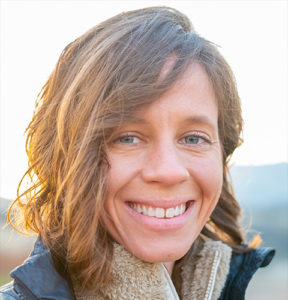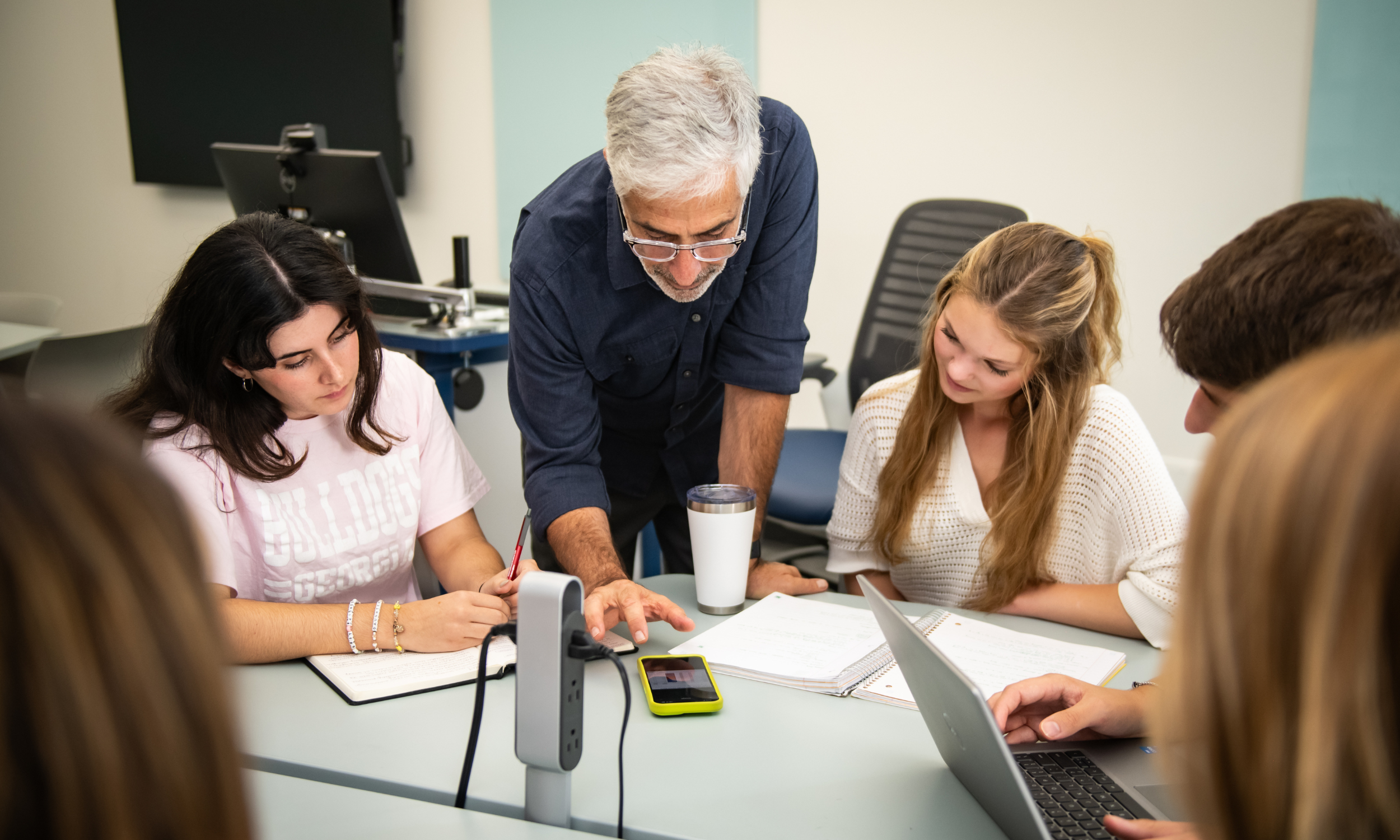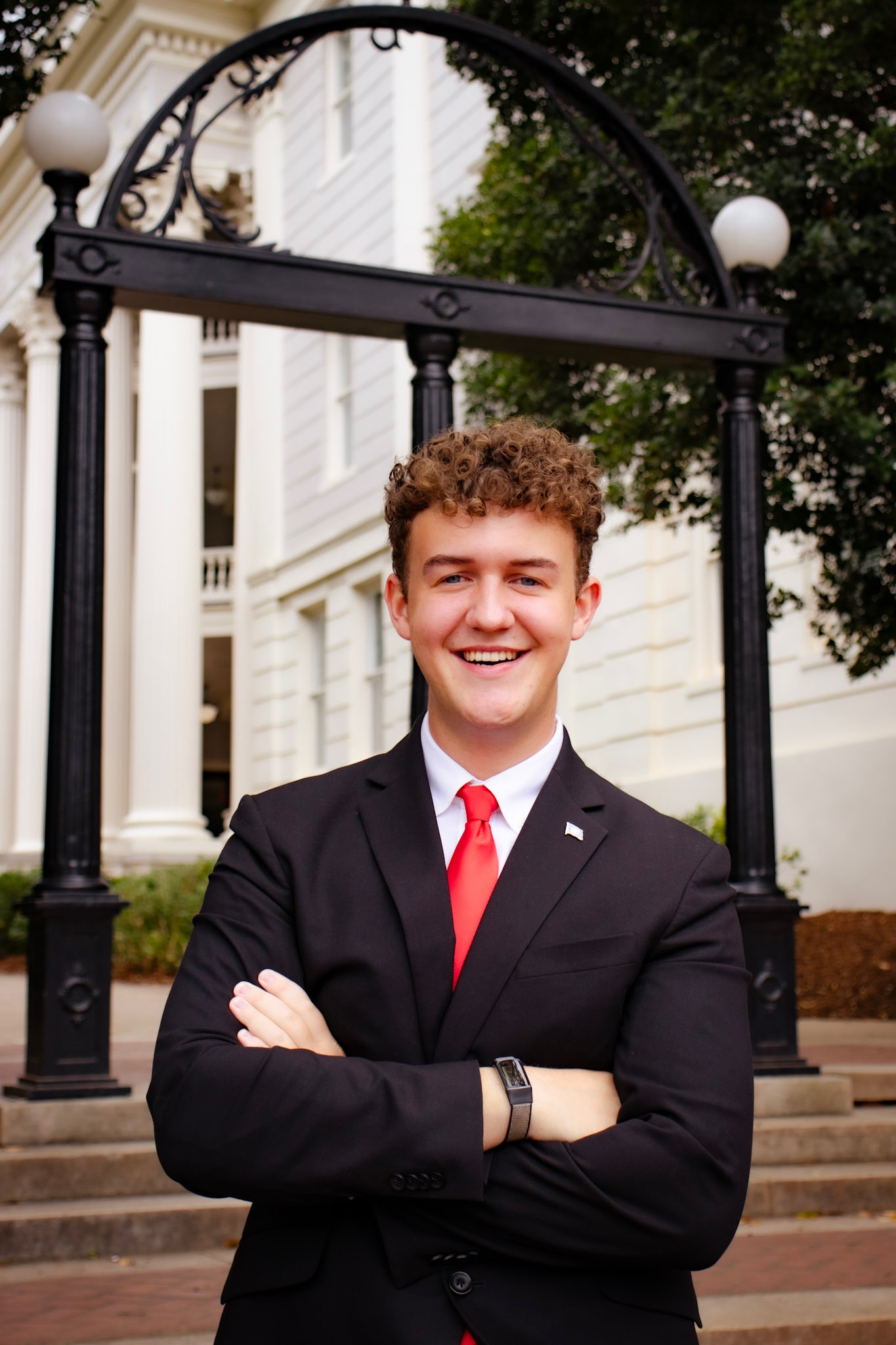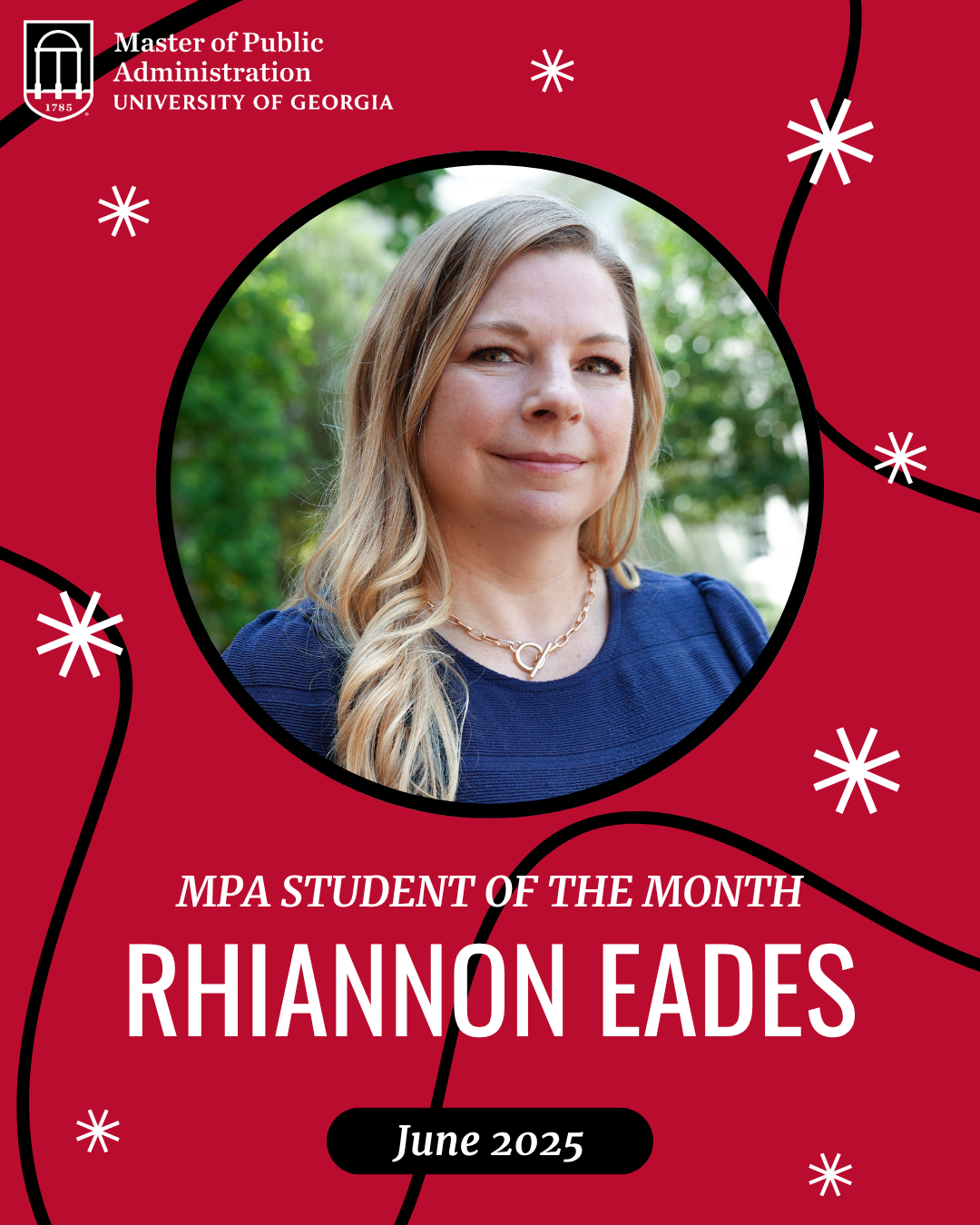
SPIA is excited to introduce Cory Struthers!
Dr. Cory Struthers earned her PhD in 2018 from the University of California-Davis. Her research interests include government decision-making on the environment and climate change and how political institutions and rules of the policy process shape policy actors’ incentives and policy choices. Dr. Struthers grew up in Sacramento Valley sailing competitively, where she also sailed from San Francisco to San Diego with her parents, which included sailing overnight under a very dark sky around Point Conception.
Q: What attracted you to UGA?
CS: Just about everything! The potential for collaboration and intellectual stimulation was (and is) extremely high. I have a pretty wide range of research interests and hoped to be at a university that could support them. PADP, SPIA, and other colleges at UGA (like Warnell and Odum) are home to leading scholars studying the issues I care about from diverse perspectives and disciplines. I was also attracted to UGA’s reputation for student excellence, and have already been very impressed by the students I have encountered in my classes.
Q: What are you working on that you’re most excited about?
CS: That’s a tough question! I’m most excited about several projects. My colleagues and I are trying to understand what kinds of information (e.g., scientific, opinion) are submitted through public participation processes like notice and comment periods and whether and how it shapes agency decision-making. We just received 2.5 million comments made on hundreds of projects from a US public lands agency and I’m stoked to start analyzing them. I also have a couple of preliminary projects here in Georgia that I’m excited about. I recently fielded a survey in the state with colleagues from UTEP and UCD that seeks to understand how senate control, racial attitudes, and issue salience (including concerns about climate change) shaped vote choice in the 2021 runoff elections. Separately, I’m starting some early qualitative research to better understand what state and local officials feel are the greatest constraints to responding to climate threats. This will hopefully lead to a larger interdisciplinary effort in this area.
Q: What was your favorite part of your college experience?
CS: Funny you ask. I didn’t have a very conventional college experience. It started out conventional – I attended the University of Santa Barbara, California for the first two years. But in my second year, I had a very impactful experience traveling and volunteering in Mozambique. I observed a lot of difficult things (terribly sick patients in under-resourced hospitals, families and children living in burning garbage dumps, prisoners in cells without sanitation or sustenance) and it shook me so hard that I left UCSB, finished by BS through an online degree, and continued doing humanitarian work. I couldn’t sort out how an undergraduate degree (in pre-psychology) could help me serve the most vulnerable people and didn’t have (or couldn’t figure out how to find) academic mentors to help me work through it. Eventually, I made my way back to the academy and am very happy to be here. So, I guess I’d say my favorite part of my college experience is how it readied me for this position. I hope to be a mentor that can help students use college to make sense of a challenging world.
Q: How do you like to spend your time when you’re not working?
CS: Anything outdoors is good with me! Weekly I’m running, doing yoga, cooking for my family, gardening, and reading many, many books (over and over) to my 16mo old son. When we can, we’re camping out in our camper van. We drove 5,400 miles in the van to cross the country from California this year! (For those of you curious about my math, we first went north to New York and Massachusetts and then came south). I also love having novel experiences and learning about people and places. I’m very excited to learn more about the history, culture, and people in the south and in Georgia when we get a handle on the pandemic.
Q: What is your favorite food?
CS: There are many answers to this question. I suppose if you really wanted to make my day, you’d somehow bring me a carnitas burrito from the El Verduzco taco truck in Winters, CA. You could also make my day (more locally) by bringing me a latte, donut holes, and a TaterBoi biscuit from Cafe Racer (what I like to think of as eastside’s best kept secret – you’re welcome!).
Q: What are you looking forward to in the coming year?
CS: Seeing my family and friends in California and Massachusetts. I’m cautiously optimistic that will be possible. I’m also looking forward to building community and making friends here in Athens. So far, most of our friends are the birds and squirrels who visit our backyard!
Q: Do you have any pets? If so, what kind(s)?
CS: I have a dog (Australian Shepherd – Golden Retriever mix) named Jones. He’s a good guy, and an old guy (12 this year), but he doesn’t get along with the kid so that can be hard to manage at home. Pre-kid, he was a wonderful companion on solo adventures. I spent a lot of time writing my dissertation alone in our family cabin in a remote part of Lassen National Forest. I always felt safe with him; he’s sweet and loyal but has a mean bark.
Q: What do you consider your greatest accomplishment?
CS: Finding myself. Our twenties can be really challenging! There’s a lot of self-exploration, failures, experiences and so many questions about our professional and personal paths. That decade for me was a riot – adventurous, boundary-pushing, and a rollercoaster of positive and negative experiences with myself and people I loved. I worked hard toward self-understanding and never settled when I felt uncomfortable or like something wasn’t right. It was really grueling sometimes, but the work has paid off. I’m happily married and happily a mother, have what feels like one of the best careers in the world, and have a network of friends and connections full of incredible people. Most importantly, I know and value who I am. None of those achievements would have been possible had I acted complacent in my path.
Q: If you could have one superpower, what would it be?
CS: That’s a fun question. I want to say teleporting so I can see my friends and family in an instant, but I believe the journey is part of the destination. So I guess I’d opt for the ability to go back in time to a precolonial earth. It would be an amazing experience to feel the energy of the California delta when water flowed freely through the valley and was teeming with grizzly bears, salmon, and eagles or see the east coast forests in all of their old growth glory.
Q: What advice do you have for SPIA students?
CS: Work hard, find and take opportunities, trust yourself, and be patient as you grow into your career. You may not always be exactly where you think you need to be, but every step you take is a means toward that end. Though it may seem like we must have had it all together, many of us (professors and other professionals that may inspire you) did not have a straightforward trek to where we are today. Enjoy the journey!








